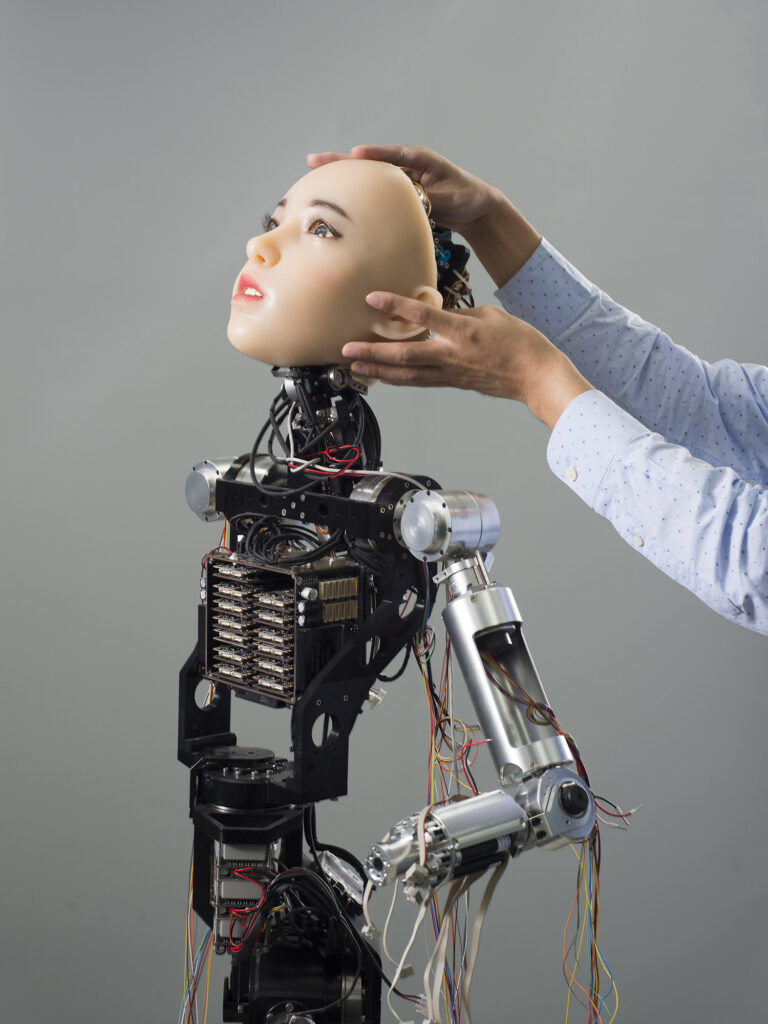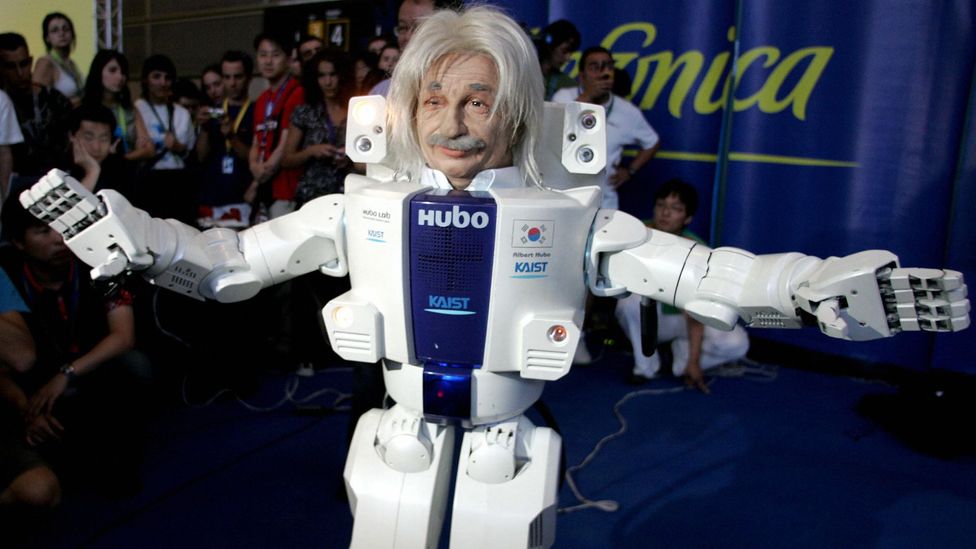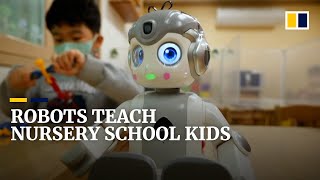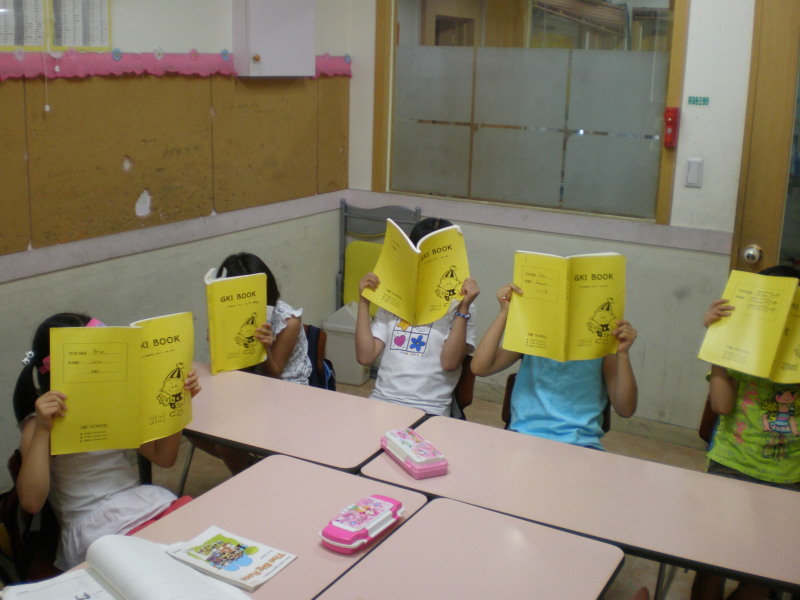As of 2025, the landscape of English education in South Korean elementary, middle, and high schools is set to undergo a significant transformation. The South Korean government, led by Education Minister Lee Ju-ho, has unveiled an ambitious plan to introduce AI-enhanced digital textbooks for subjects like math, English, and IT. While this initiative, known as the “digital-based education innovation,” may appear promising on the surface, it is important for native English-speaking teachers to be aware of the potential implications and challenges that could arise from the integration of AI in language instruction.
The AI-powered digital textbooks that are expected to replace traditional learning materials will not simply be digitized versions of standard textbooks. The South Korean Education Ministry plans to incorporate cutting-edge technologies, including a smart tutoring system, metaverse capabilities, and conversational AI, into these digital resources. While these advancements hold the promise of enhancing student engagement and interaction, they may also pose challenges for native English-speaking teachers.
One key aspect to consider is the potential impact on the role of native English-speaking teachers in the classroom. As AI-driven digital textbooks gain prominence, there is a possibility that the reliance on human English teachers may diminish. The Ministry’s intention to use AI to tailor classes to students’ characteristics through real-time data collection and analysis could lead to a reduced need for native English-speaking teachers to adapt their teaching methods to individual student needs. This may limit the opportunities for direct interaction and personalized instruction that teachers provide.
Furthermore, the adoption of AI-powered digital textbooks raises concerns about the quality of language instruction. While technology can enhance certain aspects of language learning, it cannot fully replace the nuanced guidance and cultural insights that native English-speaking teachers bring to the classroom. Language learning encompasses more than grammar and vocabulary; it involves cultural nuances, pronunciation, and conversational skills that are best cultivated through human interaction. The reliance on AI may result in a more sterile learning environment that lacks the richness and authenticity of human-led language instruction.
Additionally, the potential challenges associated with the transition to AI-powered digital textbooks should not be overlooked. The Education Ministry’s plan to introduce a three-year transitional period, during which both digital and traditional textbooks will be used, aims to minimize confusion. However, this coexistence may present logistical challenges and a learning curve for teachers and students alike. Adapting to the integration of AI technology, mastering the use of digital resources, and navigating potential technical issues may require significant adjustments and additional training for teachers.

To address these concerns, it is crucial for native English-speaking teachers to stay informed, actively engage in discussions with the Education Ministry, and provide valuable feedback based on their expertise and experience. By voicing their perspectives, teachers can contribute to shaping the implementation process and ensure that the unique benefits of human-led language instruction are not overlooked.
In conclusion, while the integration of AI in English teaching in South Korean schools presents potential benefits such as increased accessibility and personalized learning experiences, native English-speaking teachers should be aware of the possible implications and challenges that this shift may entail. It is essential to maintain a balance between technological advancements and the irreplaceable value that human interaction and cultural understanding bring to language education. By actively participating in the ongoing dialogue and sharing their expertise, English teachers can help shape the future of language instruction in South Korea.






I wish a robot would try to take my job!
Dont worry its not only happening right now but they are probably fine tuning the robot who will take your spot.
It is happening right now. it is.